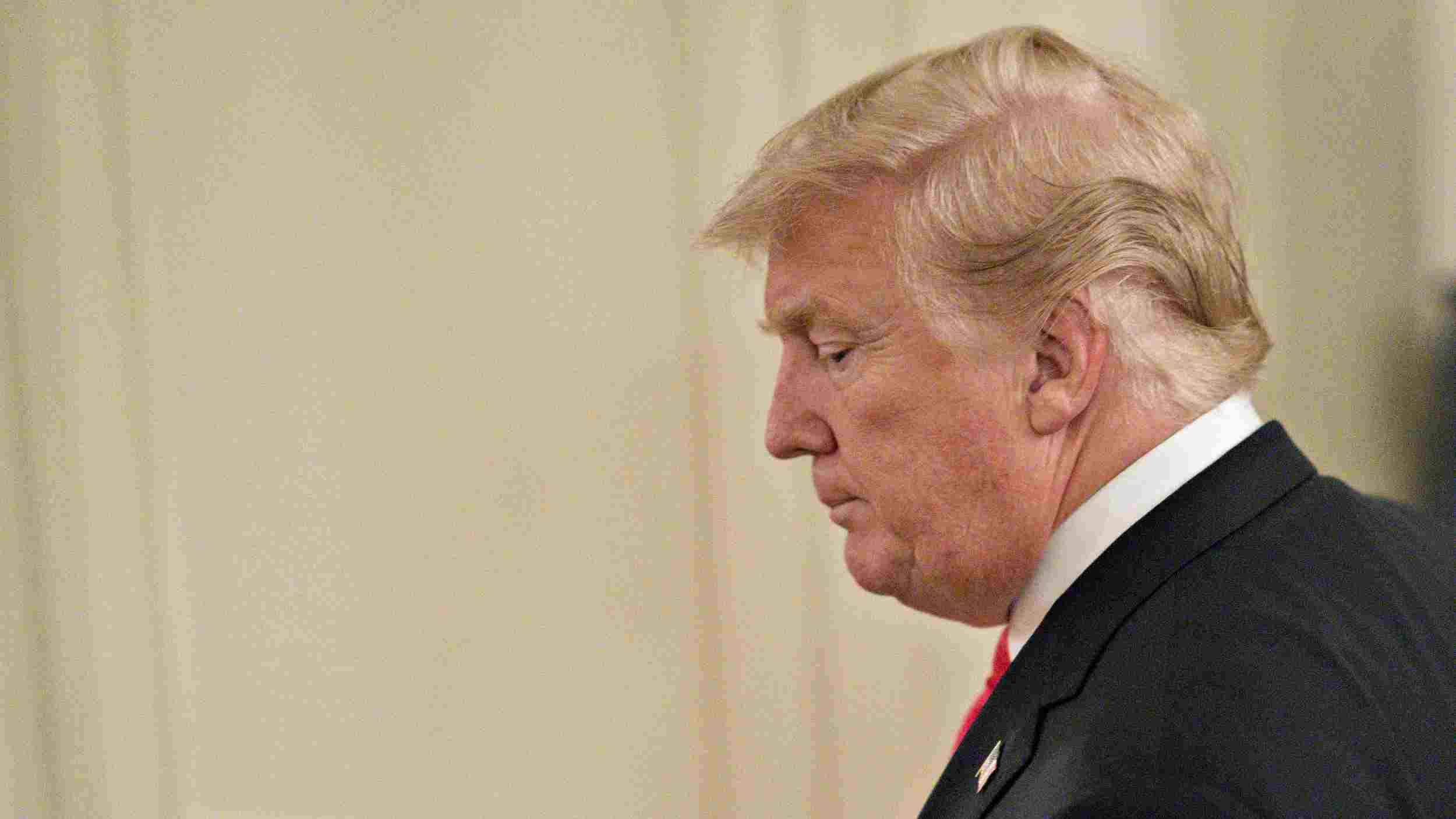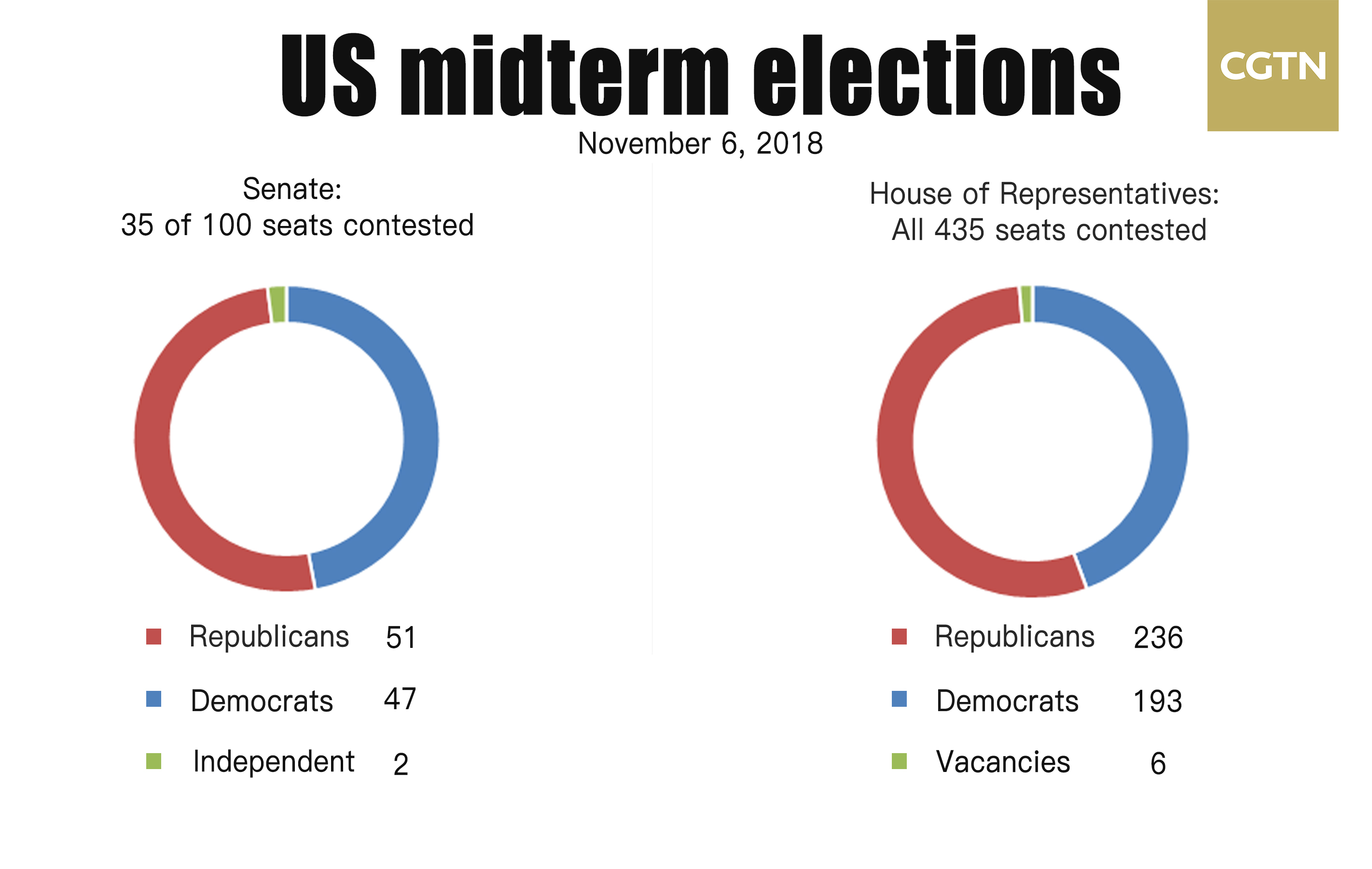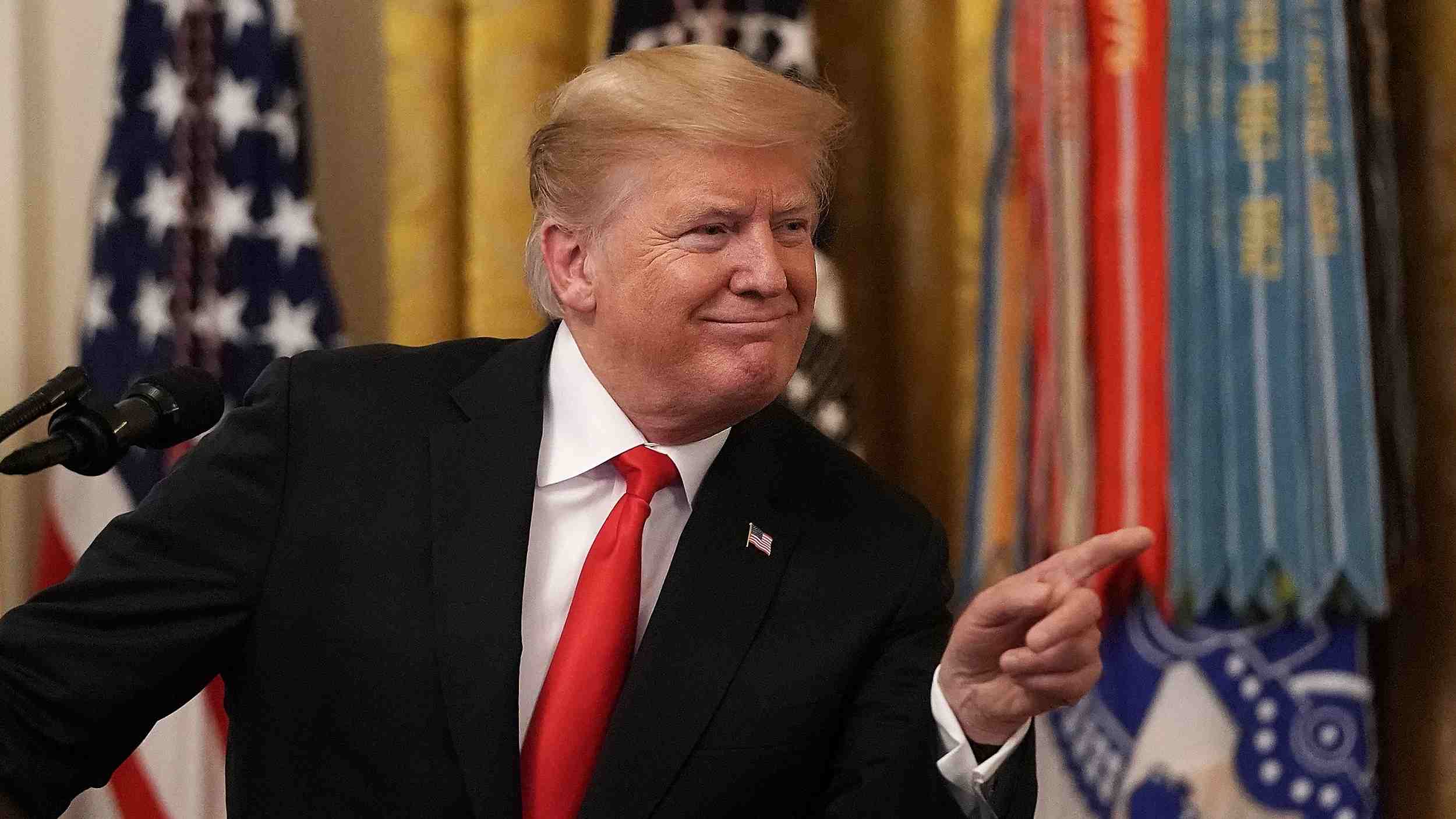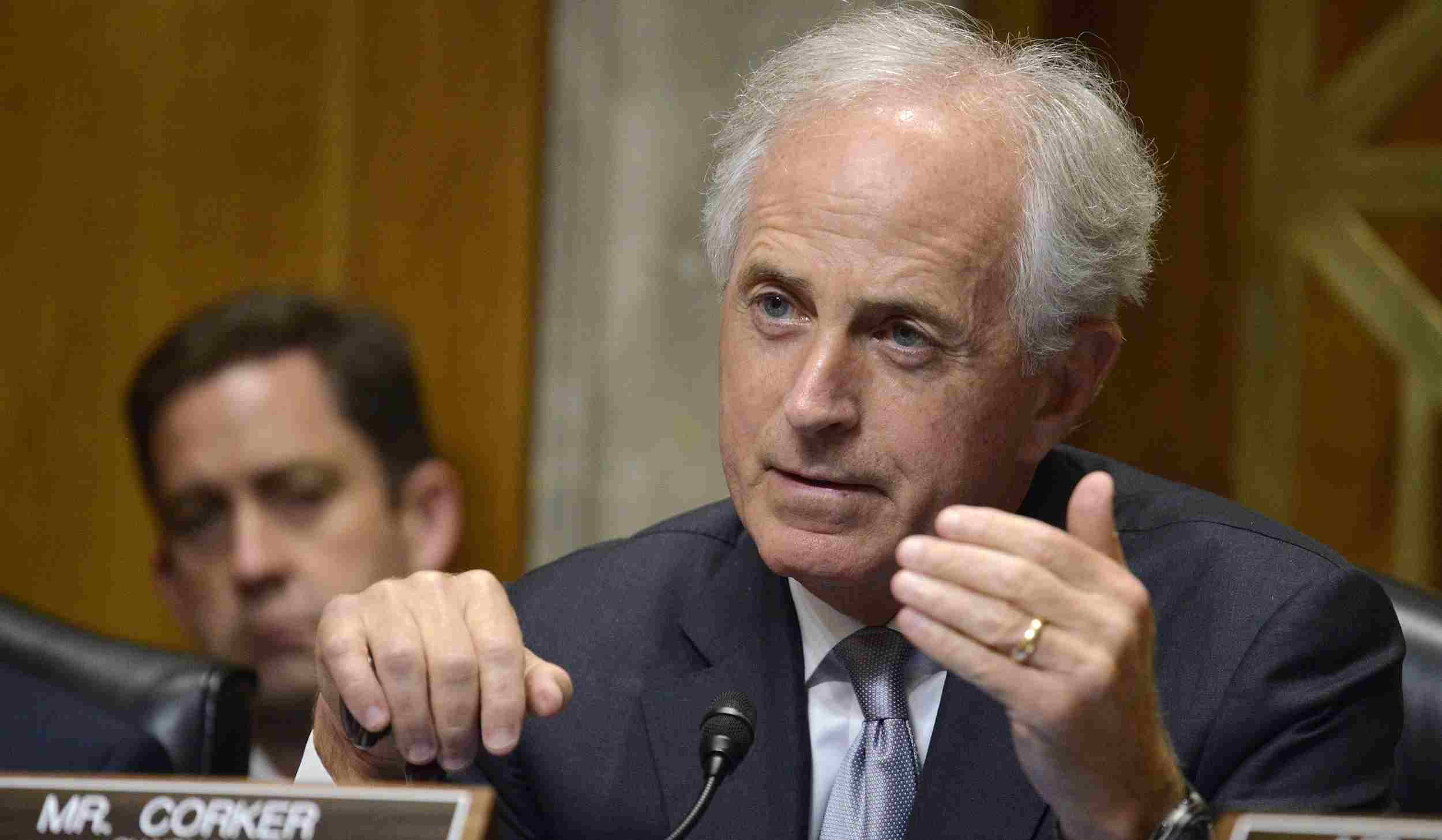
Politics
14:21, 17-Sep-2018
Could the US midterms check Trump's trade agenda?
Updated
13:53, 20-Sep-2018
By John Goodrich

The primary season is finally over, and the 2018 US general election campaign is officially underway.
Midterm elections are typically dominated by domestic factors. Polling suggests healthcare, immigration, the economy, and of course, Donald Trump, will be the big issues when ballots are cast on November 6.
Foreign policy is secondary, though this year that could be a little different.
Knock-on effects of the Trump tariffs – for example to farmers or auto workers in the Midwest – will have an outsized influence, the findings of a new NPR/Marist poll suggests, with a 13-point swing to Democrats since July in states which are feeling a direct impact.

The most important influence on US foreign policy is likely to be seen post-election.
However, the elections are in many ways referenda on Trump, whose average approval rating dropped below 40 percent this week according to FiveThirtyEight.
A poor Republican showing would impact the president's future agenda dramatically, and the latest data trends suggest bad news for Trump.
Democrats have a five in six chance of taking control of the House of Representatives according to FiveThirtyEight, though the forecaster gives the Republicans a two in three shot of retaining the Senate given the party is defending far fewer seats than it is attacking.
The Cook Political Report, a non-partisan organization, suggests there are over 60 Republican-held House districts that the Democrats have a chance of flipping – and only a net gain of 23 is needed to take a majority.
Just taking the 435-seat House would allow the Democrats to tie the presidency up in congressional investigations and thwart the Republican agenda.

US President Donald Trump pictured in the East Room of the White House, September 12, 2018 /VCG Photo
US President Donald Trump pictured in the East Room of the White House, September 12, 2018 /VCG Photo
With a Democratic House, attempts to curb the "imperial" powers of the presidency are also more likely – and a poor Republican performance would diminish Trump's influence over the party, leaving representatives with more leeway to speak out.
"So long as Trump is seen as a party asset, the GOP in Congress will back him," Professor Iwan Morgan of UCL's Institute for the Study of the Americas told CGTN Digital.
"The old party establishment has lost its grip not because Trump has expanded presidential power but because his convention-breaking is popular with the party base and with cross-over Democrats."
"We'll see what happens in the midterms – a sound GOP performance will buttress Trump, a bad one will weaken him."
In foreign policy, the president has extensive executive powers. Trump's trade conflict, conducted without congressional approval, is a clear example. The existing Senate rebuked the president on tariffs in July but hasn't had the power to compel him to change his behavior.
A motion proposed by Republican Senator Bob Corker calling for congressional approval to impose tariffs on national security grounds was backed 88-11 by the Senate – but it was non-binding.
Corker, who has accused Trump of "an abuse of presidential power" through his implementation of tariffs on national security grounds, signaled the support in the Senate should lead to binding legislation in the future.
However, Corker, the chairman of the foreign relations committee, is not running for reelection. He's one of several senior foreign policy figures who will be lost to the Senate, no matter the results of the midterms. The chair of the House foreign affairs committee, Ed Royce, is also standing down and John McCain passed away in August.

Bob Corker, chairman of the Senate Foreign Affairs Committee, on Capitol Hill, July 25, 2018. /VCG Photo
Bob Corker, chairman of the Senate Foreign Affairs Committee, on Capitol Hill, July 25, 2018. /VCG Photo
The indirect implications of a loss of the House are likely to be significant for the Trump administration. Investigations into the president's conduct could lead to impeachment proceedings if factions of the Democratic Party have their way, and foreign and trade policy would also likely come under greater scrutiny.
The Republican Senate Finance Committee chairman, Orrin Hatch, said in July his committee will examine whether Congress should take back some of the power to impose tariffs it has delegated to the executive branch.
With the greater freedom to speak out that a midterm defeat for Trump would give Republicans, probes into trade practices would be all the more likely.
"We never should have delegated that authority to the president in the first place," said Republican Bill Flores told Bloomberg. "We need to start taking it back. I hope Congress will act. Whether it will or not I don't know."
The most significant unknown is how Trump would react to being boxed in, particularly with campaigning for the 2020 presidential election effectively underway: use the Democrats as a foil to frame his re-election campaign and press ahead with arguments but little achievement, make bipartisan deals to get things moving, or use executive powers to lash out.
And ahead of the 2020 presidential election, a November rejection of Trump policies in rural areas – where he achieved success in 2016 – could even prompt a strategic rethink.

SITEMAP
Copyright © 2018 CGTN. Beijing ICP prepared NO.16065310-3
Copyright © 2018 CGTN. Beijing ICP prepared NO.16065310-3